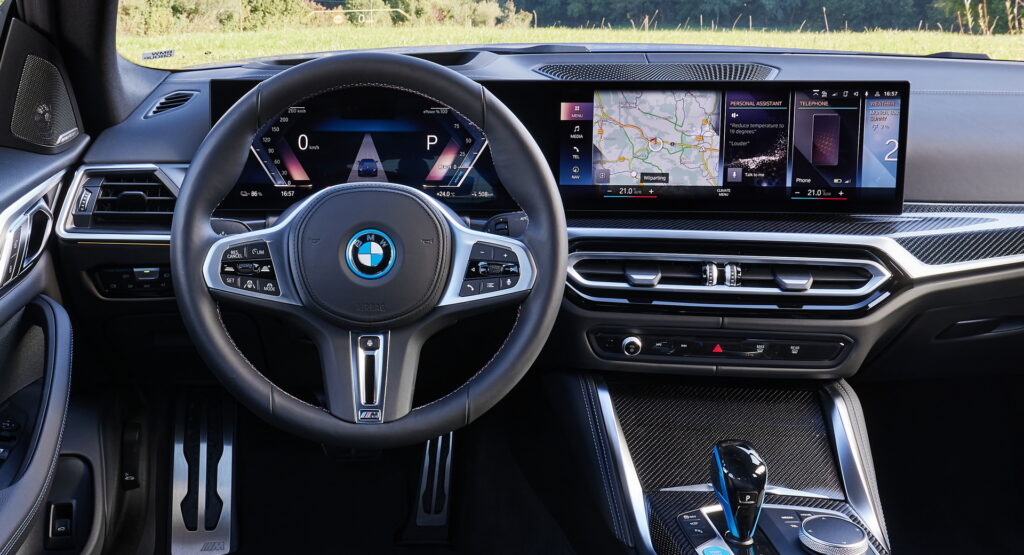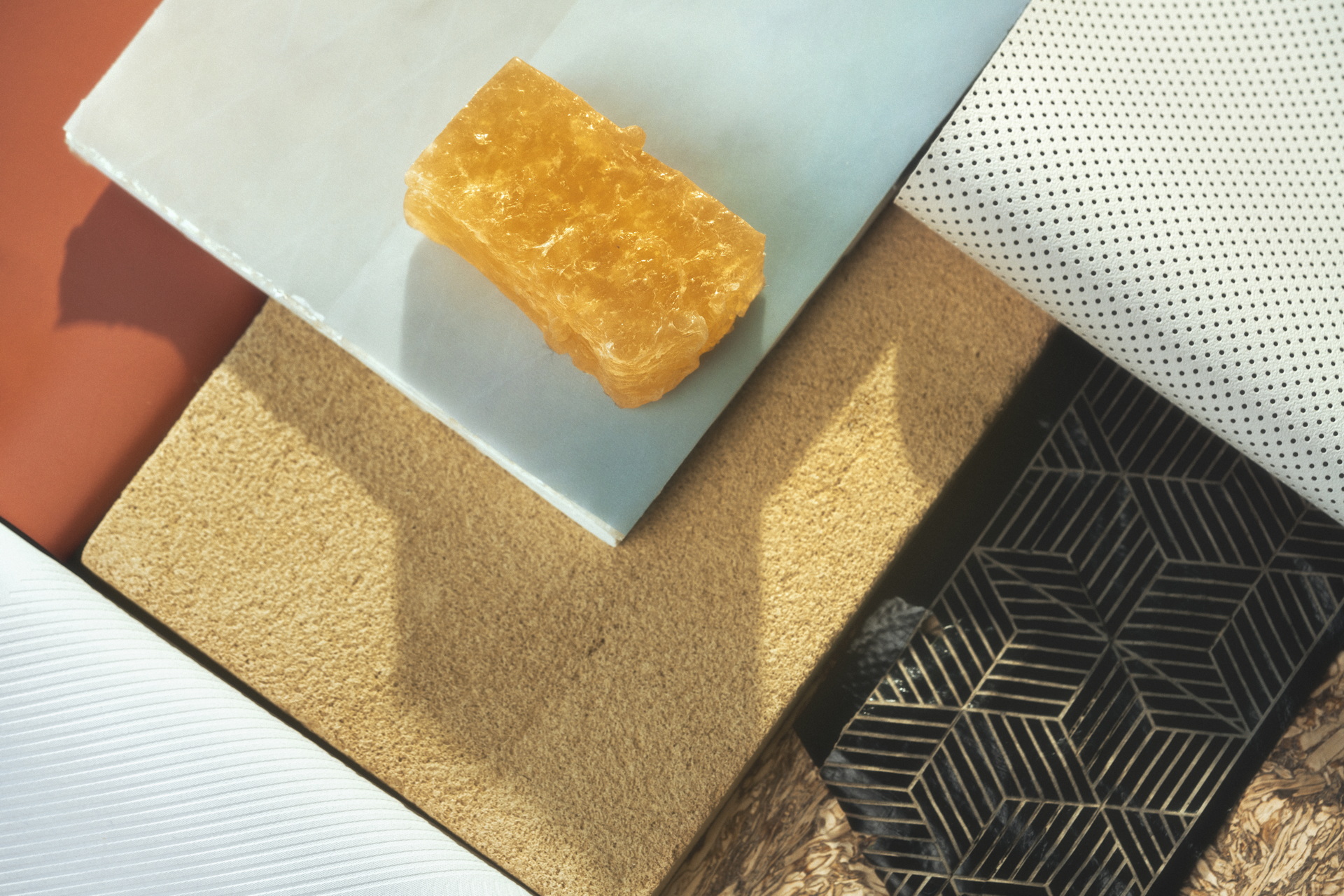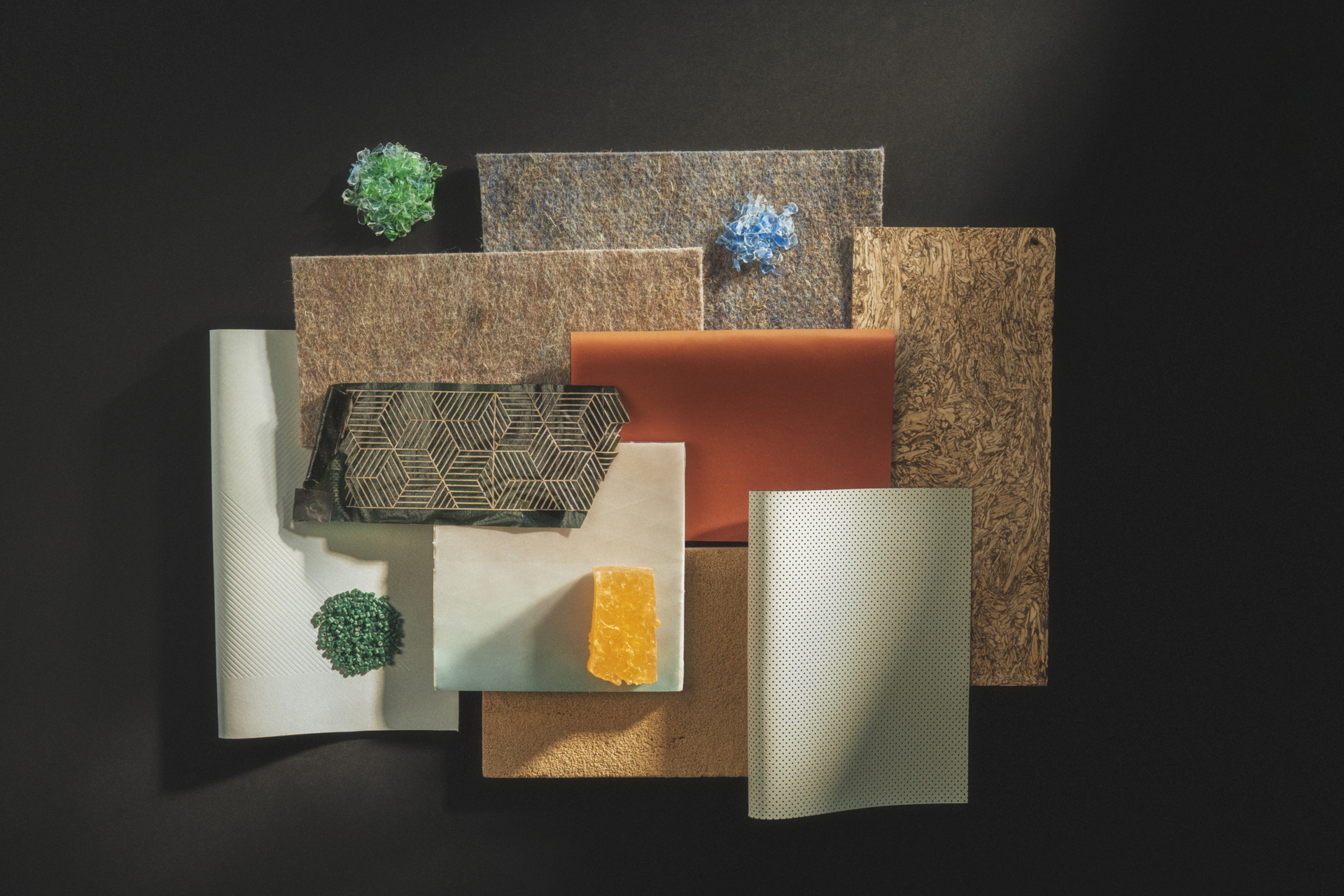With a range of newly developed materials, BMW hopes to reduce the emissions created in the production of its traditionally leather surfaces by 85 percent.
Cow hide, for all its luxurious and hard-wearing nature, is far from green as cows produce lots of methane gas. Making matters even worse, is that rainforests are sometimes cut down to give cows land to live on.
BMW says 80 percent of emissions produced in the preparation of leather for its vehicles comes from methane emitted by cows. That compares to the 20 percent created during tanning and processing, so BMW is looking to cut cows out of the picture.
Read Also: Study Finds Out Which Are The Most Vegan-Friendly Automakers
Part of its commitment to achieve climate neutrality by 2050, BMW has developed leather replacements it believes will wear just as well and feel just as good as leather. The only tip off will be a new grain in the faux material.
BMW has worked hard to ensure the materials are ready for the difficulties of being in a car. It says that ensuring they could withstand use on a steering wheel was one of the most challenging aspects.
“With a steering wheel made from a high-quality vegan surface material, we are fulfilling the wishes of our customers who do not want to make any compromises in terms of look, feel and functionality,” said Uwe Köhler, the head of development for body, exterior trim and interiors at BMW. “The innovative material withstands wear and tear caused by abrasion, perspiration and moisture and has all the desirable properties of leather.”
The automaker plans to offer interiors with fully vegan touchpoints, but there will still be some components that use animal products. These include gelatin used for protective coatings, lanolin in paints, tallow as an additive in some elastomers, and beeswax as a flux for paint – among others. However, BMW says these will amount to less than one percent of the interior.
In addition, the automaker is working to make other materials that were already vegan, such as carpets, easier to recycle. By making these out of a single material (rather than a mix), they are easier to break down and reuse later, saving as much as 23,000 tonnes of CO2 and 1,600 tonnes of waste per year.
The automaker will offer the vegan option in certain BMW and MINI vehicles, starting in 2023.






